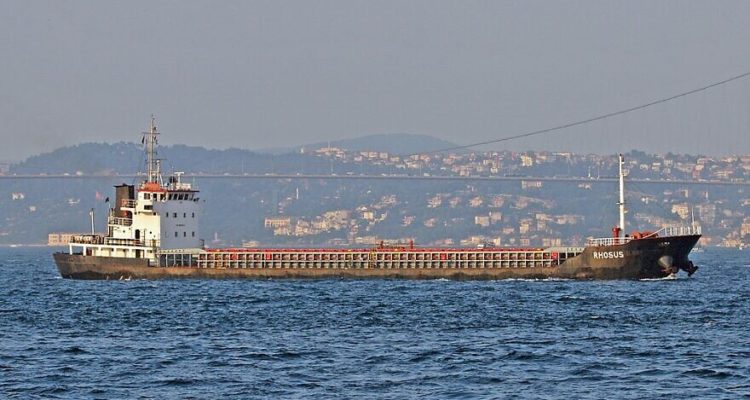The Cypriot owner of the vessel that brought the explosives to the Beirut port in 2013 is said to have taken a $4 million loan from a bank accused of laundering funds for the Lebanese terror group.
By JNS
The massive explosion in Beirut on Aug. 4 has been traced back to a cargo ship, the Rhosus, that arrived in the city’s port in 2013 carrying 2,750 tons of ammonium nitrate. The owner of the Rhosus has now been linked to the Lebanese bank used by Hezbollah, according to an investigation by Der Spiegel and the Organized Crime and Corruption Reporting Project.
The Beirut blast killed 172 people, injured 6,000 and left 300,000 homeless.
While media reports have identified the vessel’s owner as Igor Grechushkin, a Russian national, according to the report published by Der Spiegel on Friday, it was not Grechushkin who owned the Rhosus, but a Cypriot businessman named Charalambos Manoli, who is connected to the Lebanese bank used by Hezbollah.
Further, according to the report, some of the ammonium nitrate at the Beirut port went missing before the massive explosion.
Manoli allegedly made efforts to hide his ownership of the ship and when questioned first said it had been sold to Grechushkin, but then changed his story to say the Russian had only tried to buy the ship.
It was Grechushkin who then ordered that the Rhosus make an unscheduled stop in Beirut on its way from Georgia to Mozambique, claiming he did not have enough money to pay for passage through the Suez Canal and so needed to pick up more cargo in Beirut destined for Jordan. The Rhosus never left Beirut.
According to the report, court records show Manoli took a loan in 2011 for $4 million from the Tanzanian FBME Bank to buy another ship, called the Sakhalin. The FBME bank is accused by American investigators of laundering money for Hezbollah.





